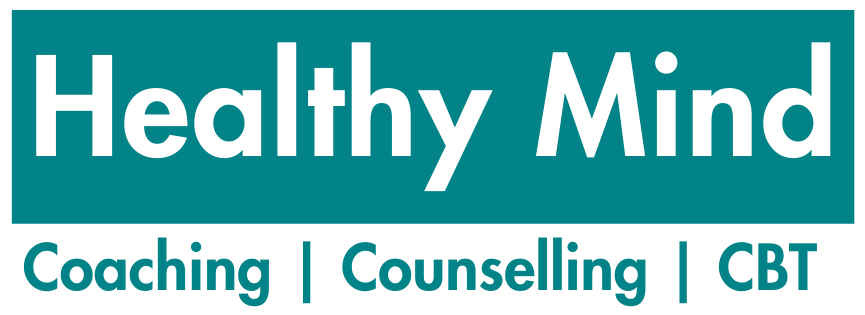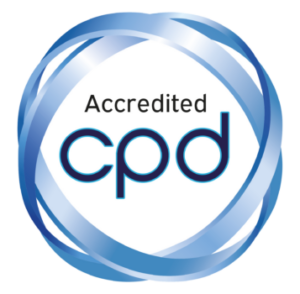The many daily stressors of life can produce a wide range of different emotions that many find difficult to process or understand, if they even get to process them at all in our increasingly busy and work-oriented world.
In light of this, many today would greatly benefit from learning some useful ways of better regulating and understanding their emotions.
Let’s discuss Emotional Regulation, what it is, and what you can do to improve your ability to better regulate and understand your own emotions.
What is Emotional Regulation?
The process of emotional regulation refers to a person’s ability to identify their own emotions, to rationally process them and respond in a positive and healthy way to the awareness of them.
Generally however, if a person is poorly emotionally regulated and has difficulty processing their emotions or responding to them in healthy ways, they will often be left vulnerable to disproportionate amounts of stress and poor mental health or may look for an escape of some kind which could be a very unhealthy strategy to moderate negative emotions (such-as abusing alcohol, drugs or other substances) as a result.
There are a number of reasons why a person may have difficulty in regulating their emotions, such as excessive amounts of stress being placed upon them by external life factors, being overwhelmed by an influx of new or painful emotions in a short period of time, or could perhaps be a sign of deeper-rooted mental health concerns or unresolved traumas which are obstructing their ability to properly understand or cope with their emotions well.
When discussing topics such as how one responds to and deals with their own internal emotional state, it is important to keep in mind that some people can be naturally more inclined towards developing negative feelings or are less able to appropriately respond to them as effectively as others.
This however should in no way be taken as a sign of weakness or reason to believe that improving one’s own ability to better emotionally regulate is not possible as there are many different methods and practices available that can help aid in doing so.
Tools and Practices to Improve Emotional Regulation
Many of the techniques that we use in order to practise better emotional regulation focus on our ability to take a step-back, rationalise the situation, ground ourselves away from any unnecessary thoughts or distractions, and with a clear head focus internally on the emotions that are causing us discomfort or stress. Some such techniques are:
Identifying Any Possible Causes or Triggers of Emotional Distress
Before anything else, if you are looking to improve your ability to emotionally regulate it is important that you take some time alone, preferably somewhere quiet and free of distractions if possible so that you can productively attempt to identify where any emotions that are causing you stress may originate from, the environment that could be producing it or a specific event that may have brought them forward.
Practice Mindfulness
Mindfulness can be a very useful tool in helping you to identify certain emotions that may be causing you stress.
To do so, try recognising certain feelings that you may be having and acknowledge them without reacting immediately, but note them down.
Over time and enough practice, this will allow you to identify your own emotions without immediate judgement, meaning you will be able to more rationally observe and understand your own feelings and how to better control and respond to them.
Don’t be afraid of reaching out to others
For many people, sharing their emotions and opening up to others can often be an incredibly difficult thing to do as it forces them to take a step outside of their comfort zone and to feel vulnerable around someone else.
Some however may feel that they are better able to parse through and understand their emotions through an open dialogue, the ability to discuss them out in the open and bounce thoughts of someone, thus helping them to better understand where they might come from and how to respond to them.
Furthermore, just feeling that someone else has listened to you and understood your problems can be very beneficial to a lot of people, and so it is always highly recommended to reach out to someone you trust if you ever find yourself struggling.
Deep Breathing Techniques
Deep breathing exercises can be great in helping to calm your nerves and reduce any symptoms of anxiety you might be having, making them useful if you are looking for ways to increase your mental or emotional clarity.
Seek Professional Guidance
If many of the techniques listed so far have been incorporated into your life and you are still finding yourself having trouble with emotional dysregulation, and are having a hard time identifying your emotions or any of their possible causes, this could suggest that some further, more deeply-seated psychological issues or traumas could be at play which may be preventing you from being able to properly emotionally regulate.
Indeed, emotional dysregulation is a common feature of several different mental health conditions such as Borderline Personality Disorder, ADHD, Bipolar Disorder, Autism Spectrum Disorder, and Complex Post Traumatic Stress Disorder to name a few.
If you are concerned that this may be the case, it is recommended that you look into the possibility of seeking professional guidance from a qualified therapist or counsellor, as this may help you to overcome these issues and allow you to better understand and regulate your own emotions.
Contact [email protected] for a free 20 minute consultation to discuss your issues, concerns and requirements.






